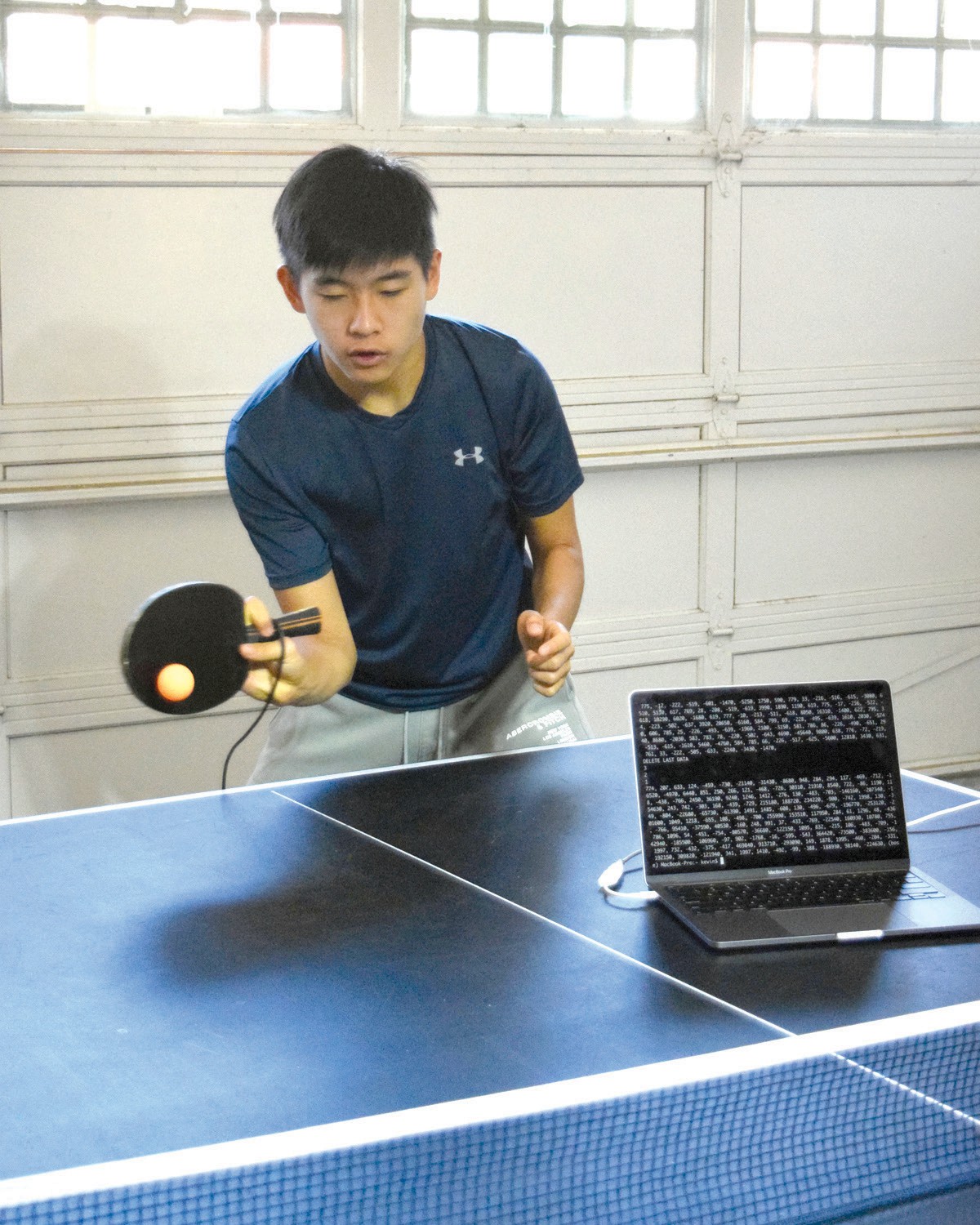"The use of the word 'unprecedented' has become, well, unprecedented," as Jeran Wittenstein of Bloomberg.com so aptly describes the pandemic of hyperbole describing the pandemic itself. The undeniable awfulness of the preceding year notwithstanding, it is certainly not without precedent, nor is the human capacity to make the most of the misery. In 1665, an undistinguished 22-year-old student at Trinity College, Cambridge, was sent home to quarantine as the school was shuttered during an outbreak of the plague. During his 18 months of social distancing, he made revolutionary breakthroughs in physics, optics and mathematics. When he returned to school, he had developed what we now call calculus, not to mention a little pet theory of gravity. Of course, it is unfair to hold everyone in quarantine and lockdown to this standard. Isaac Newton was a genius who would have advanced science no matter the circumstances. The salient point, however, is that an unexpected break from externally imposed structure can lead to creative breakthroughs. For a more modern example, we can turn to Oak Park, a quiet suburb north of Los Angeles. There, we find 15-year-old Kevin Ma (pictured), fine-tuning his homemade artificial intelligence (AI)-driven ping-pong coach. Ma, a varsity tennis player, first rigged up sensors to his tennis racket to collect data about his swing. "I took a class at UCLA in 2018 that was all about artificial intelligence. It was fun," said Ma. "When quarantine started, there was no one to practice tennis with, so I decided to make something where I could practice with myself, something that would tell me how to practice." When he learned how to turn the data into useful self-coaching tips, he built a smaller sensor for his ping-pong paddle. Ma, who occasionally competes with his dad on their table in the garage, found it helpful to get unbiased feedback about his strengths and weaknesses. "If you already have this paddle sport technology you can just go wild," Kevin said. "I might expand into badminton in the future." The precocious engineer was encouraged to share his findings. He published a paper in the Institute of Electrical and Electronics Engineers journal, learning some secrets of academia in the process. "I’d never written an academic paper before, but once you know the format, it’s just an abstract, which is an introduction, and then you basically regurgitate everything you’ve done with it," said the young engineer. "Just throw in a bunch of fancy language and make it sound cool." Not only is it cool, it is downright unprecedented.
More at Agoura Hills Acorn
